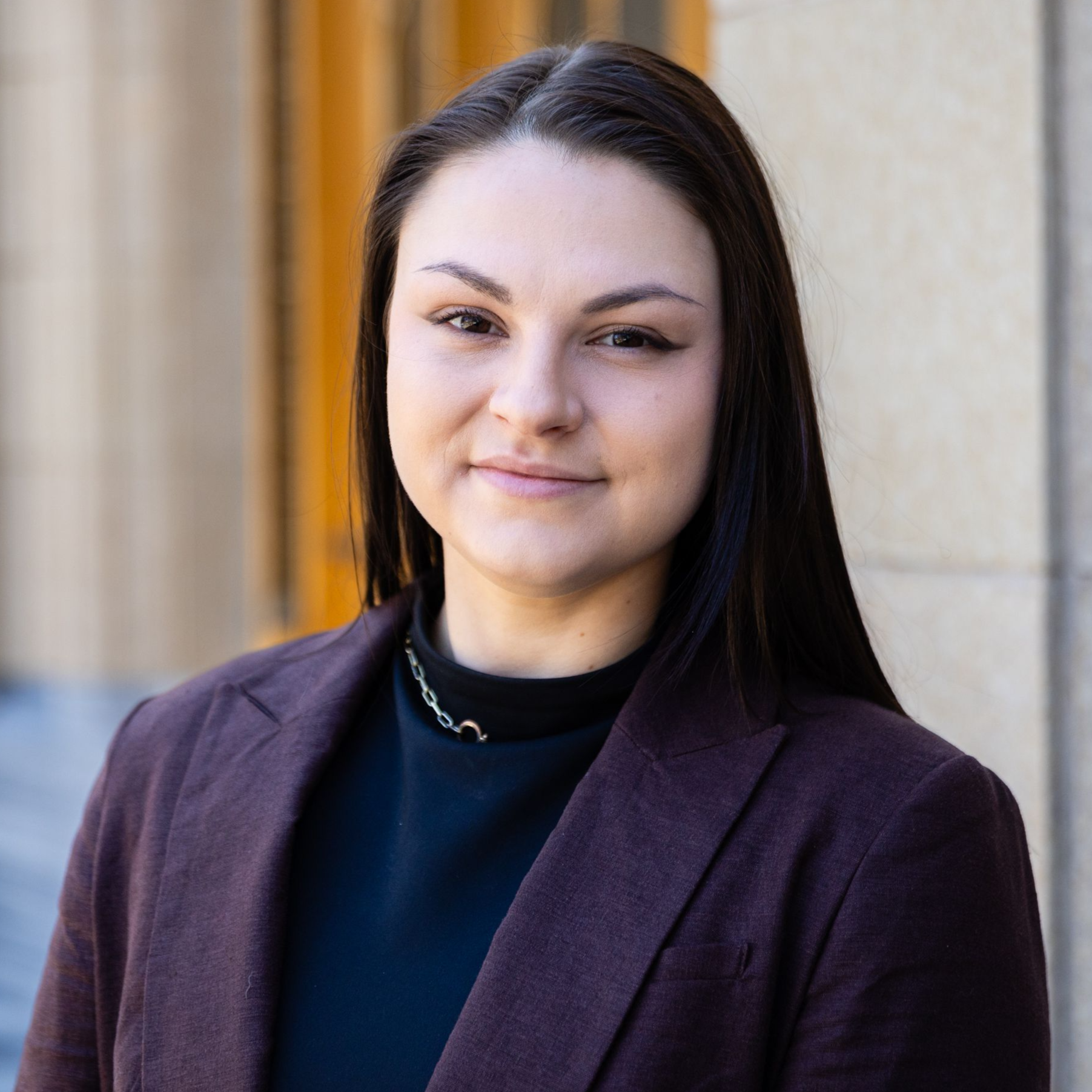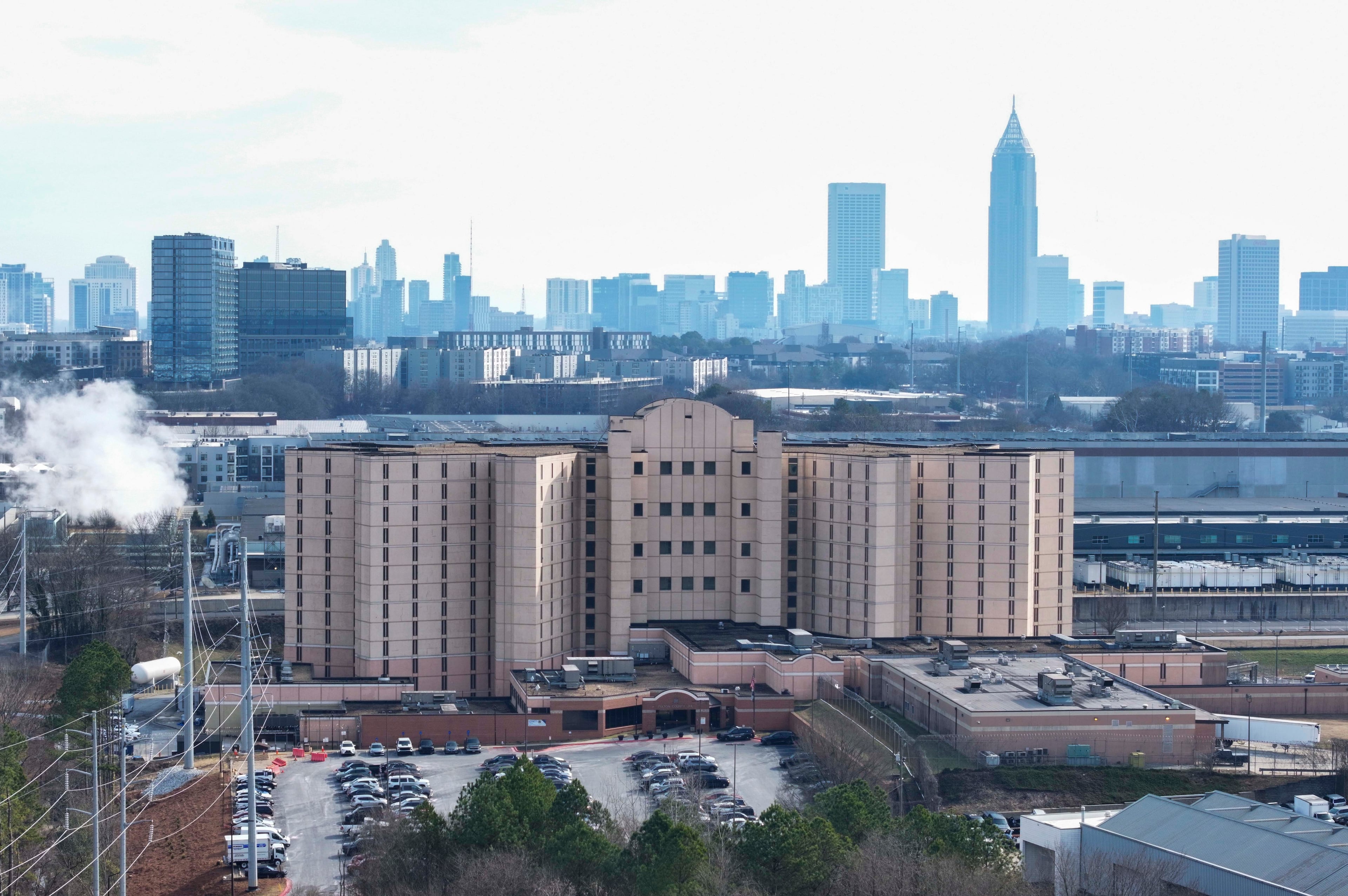Slow city contract renewal puts strain on pre-arrest diversion program

A crisis response agency that helps keep struggling Atlantans out of the criminal justice system went more than three months without pay after the city stalled on renewing its contract.
The Policing Alternatives Diversion Initiative — also known as PAD — was established in 2017 and provides community-based services to individuals experiencing extreme poverty, substance use or mental health problems in an effort to prevent them from being arrested.
But the nonprofit struggled to fill a $270,000 gap in its budget due to a slow-moving process to reestablish its partnership with the city. Council member Liliana Bakhtiari introduced legislation Monday to pay the nonprofit retroactively, but city council still hasn’t approved its contract.
In late July, PAD was awarded a new contract with Atlanta to respond to both 3-1-1 and transferred 9-1-1 calls, as well as pre-arrest diversion services. The organization’s leadership celebrated the new multi-year agreement.
But while waiting for the Atlanta City Council to review and vote on the new contract, previous funding for the agency expired on June 30, leaving them in limbo. Despite the financial hole, PAD continued to provide alternatives to police response.
PAD Executive Director Moki Macias said about 30% of the nonprofit’s budget comes from its contract with the city.
“This is a program that I know council members consistently hear from their constituents on as a service that people really appreciate and want more of,” she said. “So we didn’t expect there to be any issues.”
The mayor’s office confirmed that, as of Tuesday, PAD has received compensation for services provided since its previous contract expired.
“That has been a real relief because that means we are able to continue providing the services,” Macias said.
But legislation approving the new contract was held by the council’s Finance Executive Committee last Wednesday, further delaying renewal of PAD’s services.
A number of people testified during public comment about the positive impact the organization has on the city, saying that it fills crucial gaps for vulnerable residents who need mental health or substance use resources but don’t know where to go for help.
Christina Lazare is the director of community care for SnapCo — an organization that provides support for Atlanta’s Black and LGBTQ residents. SnapCo was among the groups at the table who helped establish PAD in 2017.
“PAD doesn’t just provide people with a connection to a shelter and a meal to eat, they connect them to something that we take for granted every day: hope,” she said during Monday’s council meeting.
“We can’t afford not to have PAD,” she said. The Atlanta Police Department “doesn’t have the capacity to do what PAD does. Please continue to invest in this necessary program.”



